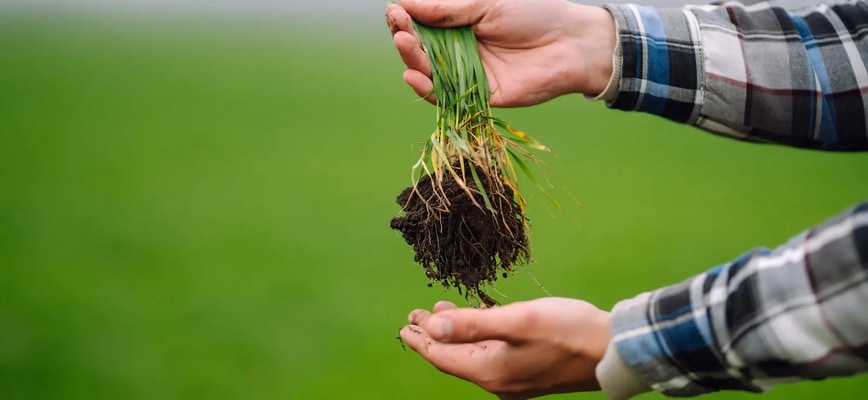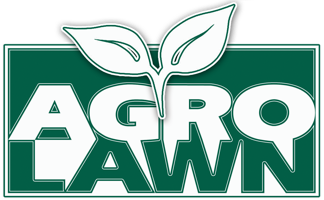Your Neighborhood Lawn Care Provider.
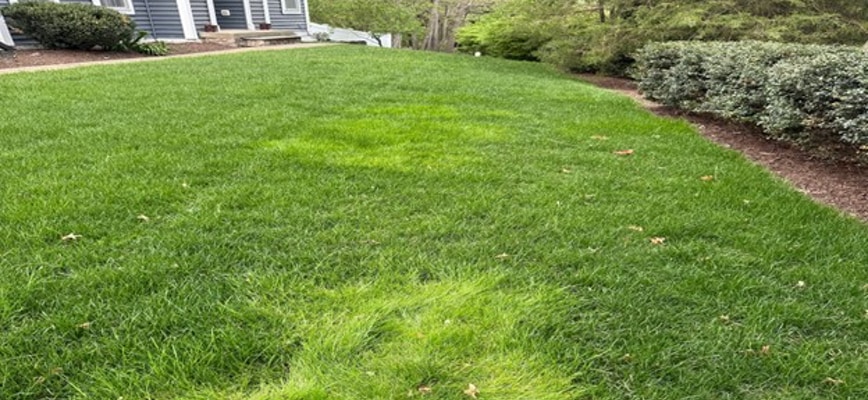
Weedy Grass: Friends or Foes? How Roughstalk Bluegrass and Annual Bluegrass Affect Our Lawns
- On May 20 2025
Is your lawn looking discolored without a weed in sight? Don't be fooled: Not all turfgrasses are your friends! In the Chesapeake watershed region, Roughstalk bluegrass and annual bluegrass are two common lawn invaders to look out for. These resilient weedy grasses find their way into local yards, making it harder for your desirable tall fescue turf to thrive. Let's review the difference between grassy friends and foes so you can keep your yard lush and invaders out.
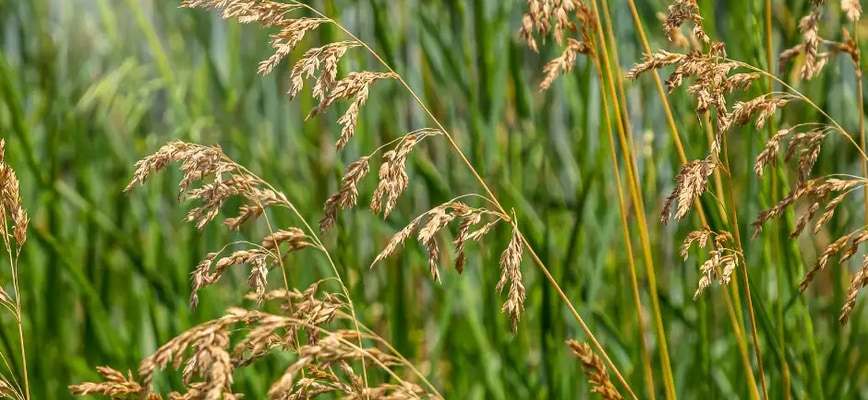
What Are the Differences Between Roughstalk and Annual Bluegrass?
These two bluegrass varieties have a host of similar characteristics. They both thrive in golf courses, sports fields, and residential lawns throughout the Mid-Atlantic. If you're dealing with a foreign grassy weed in your turfgrass, these differences will help you recognize which bluegrass has overrun your property.
Roughstalk Bluegrass (Poa trivialis)
This common bluegrass starts growing weeks before tall fescue, so you'll likely notice it in the early springtime. Unlike your uniformly growing, aesthetically pleasing tall fescue turf, roughstalk bluegrass grows in round, patchy areas. While it can spread through seeds carried by air or birds, it can also spread via its stolons, which are its rapidly spreading, above-ground stems. It can also be identified by its pale green, thin leaf blades. While it might not look like much in the spring, roughstalk goes dormant in the summer, yellows, and lies iron-flat across your lawn, which isn't so pretty to look at!
Annual Bluegrass (Poa annua)
Contrary to its name, annual bluegrass can behave like a short-lived perennial. Homeowners can identify it by its noticeable clump-forming, hairless, green leaves, which end in a boat-shaped tip. Annual bluegrass doesn't spread by stolons— instead, it only spreads by seed (often blown in from nearby parks and golf courses). Similarly to roughstalk, it will turn yellow as temperatures warm. However, it's distinguishable by its short, small growth habit and visible seed heads that develop in early spring.
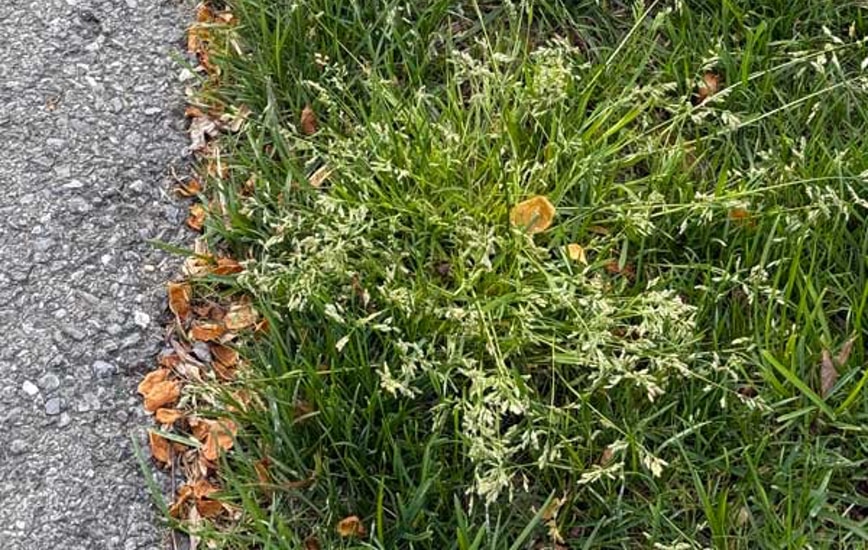
Why These Similar Bluegrasses Are Your Lawn's Foes
Bluegrasses might be popular among sports fanatics, but they're not for your average homeowner! Their advantages in a golf course don't translate well to a home's lawn and can pose a challenge to your current turfgrass. These grasses compete for key resources, such as water, root space, and nutrients within your soil. Since they are lawn thieves, they stop your existing turfgrass from reaching its full potential. Signs that your lawn is suffering from grassy weed competition include:- Areas of light-colored grass among your darker turf
- Thin or patchy turf due to the presence of weeds
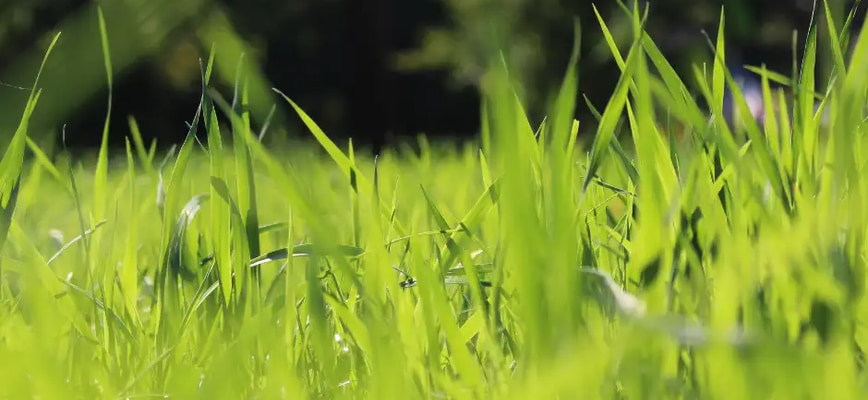
Our True Grassy Friend: Turf-type Tall Fescue
If we want to wave goodbye to these widespread bluegrasses, what grass variety would we like to see throughout our lawn? Turf-type tall fescue is our favorite cool-season turfgrass for Maryland and Virginia's residential lawns, and we confidently offer this seed variety to our customers. Tall fescue is renowned for its resilience in thriving in transition zones, such as those found in Maryland and Virginia. Homeowners and lawn experts alike appreciate its shade tolerance and cold resistance, which is invaluable in the Chesapeake watershed region.
Seasonal Timing: When To Watch For Grassy Weeds
Roughstalk and annual bluegrass exhibit distinct growth patterns, making it challenging to determine whether they are dormant or have completely vanished. For example, roughstalk bluegrass sprouts in the spring and fall and dies back in the summer. This is why you should watch it closely—you might think it's gone for a few months, but it will return. Be especially cautious of roughstalk growth in the late spring when its seed heads mature and are ready to spread new plants around your yard.
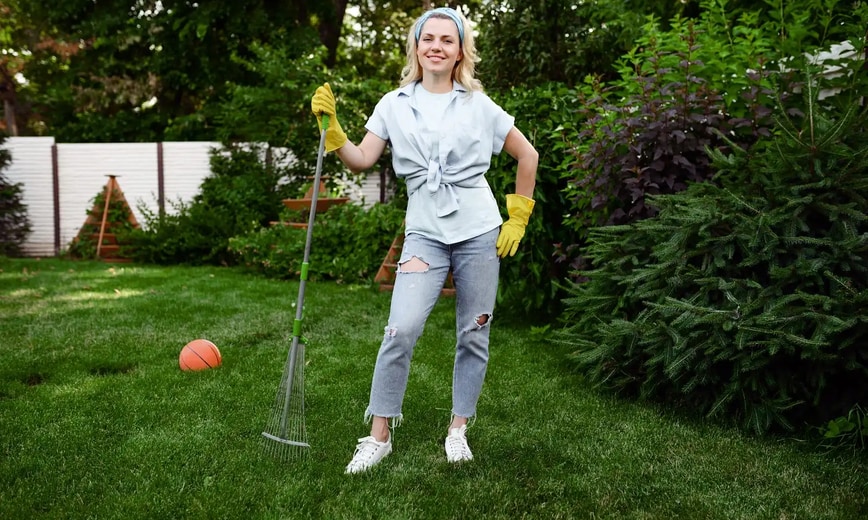
The Best Roughstalk Bluegrass and Annual Bluegrass Prevention Is A Consistent Lawn Care Program
We hate to be the bearer of bad news, but currently, there is no selective herbicide on the market that specifically targets roughstalk or annual bluegrass. Unless you want to obliterate all your grass with non-selective herbicides, such as Roundup, there doesn't yet exist a selective herbicide for bluegrasses. But don't worry... we have another solution! You can blockade bluegrass long-term with a reliable lawn care program.Agrolawn has a growing season-long lawn care program that thickens turf, preventing grassy weeds from taking root in your lawn. Our AgroPlus Lawn Care program, includes fall aeration and overseeding with our certified turf type fall fescue to help crowd out undesirable grasses.
How Else Can You Prevent Grassy Weeds?
Want to really beat back weeds? Don't stop at a lawn care program early! Between your lawn care program visits, you can also take additional steps to boost your turf's natural weed resistance. We recommend performing routine maintenance, such as mowing and watering, on a consistent schedule.Mowing only ⅓ of a leaf blade at a time reduces lawn stress and keeps your turf dense so no weeds can sneak in. Watering regularly will also encourage deep root growth and promote thick top growth development, filling in gaps where weed seeds might try to establish themselves.
